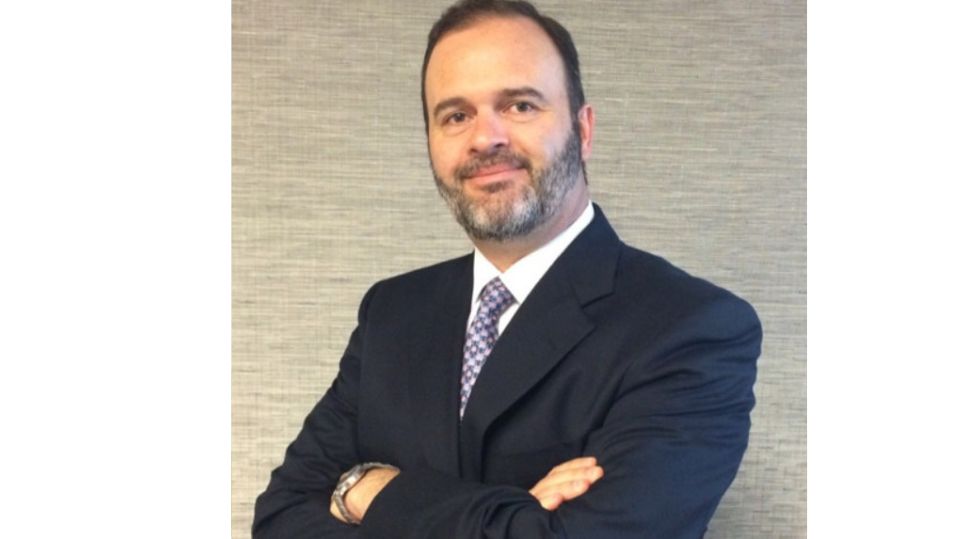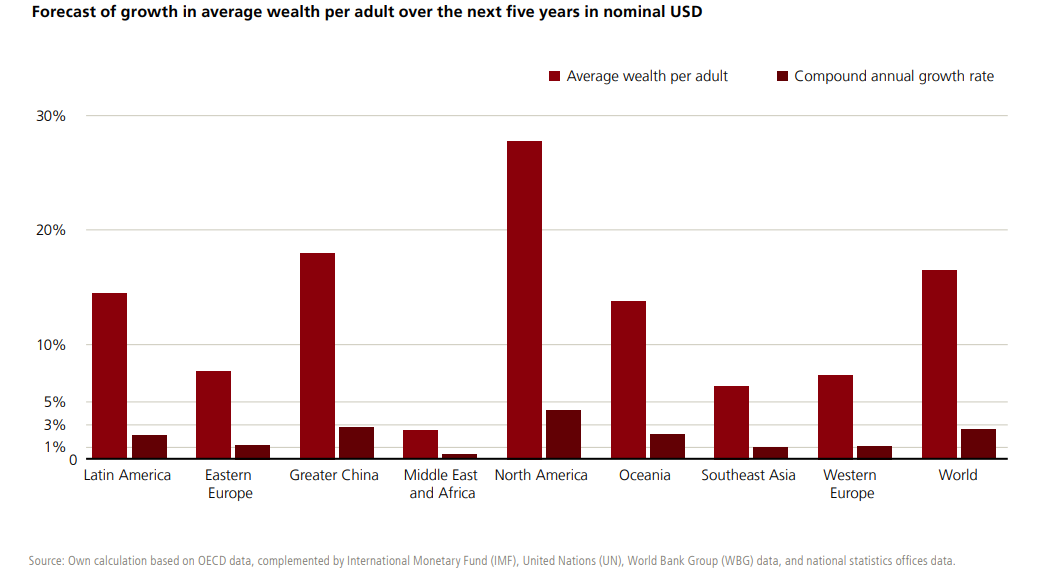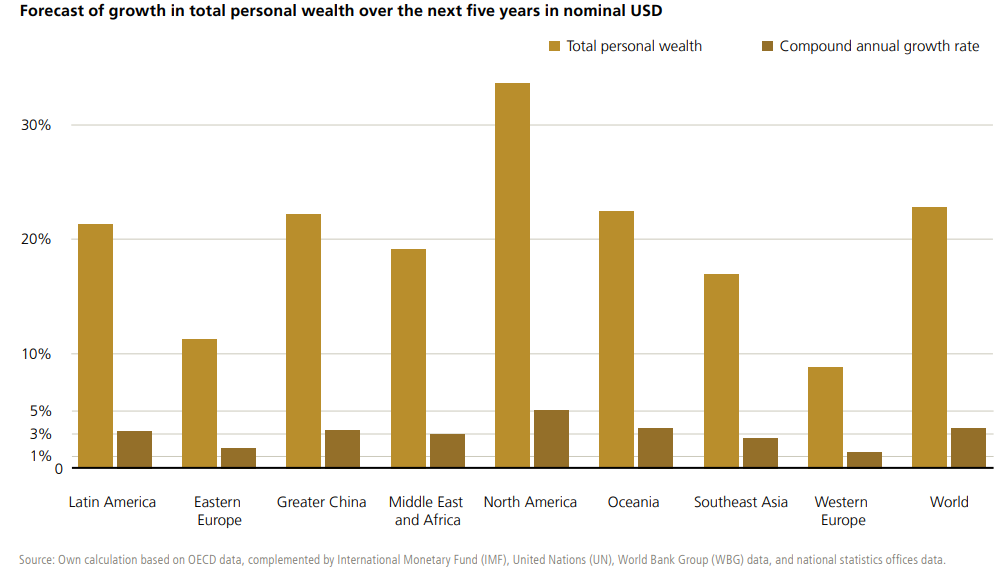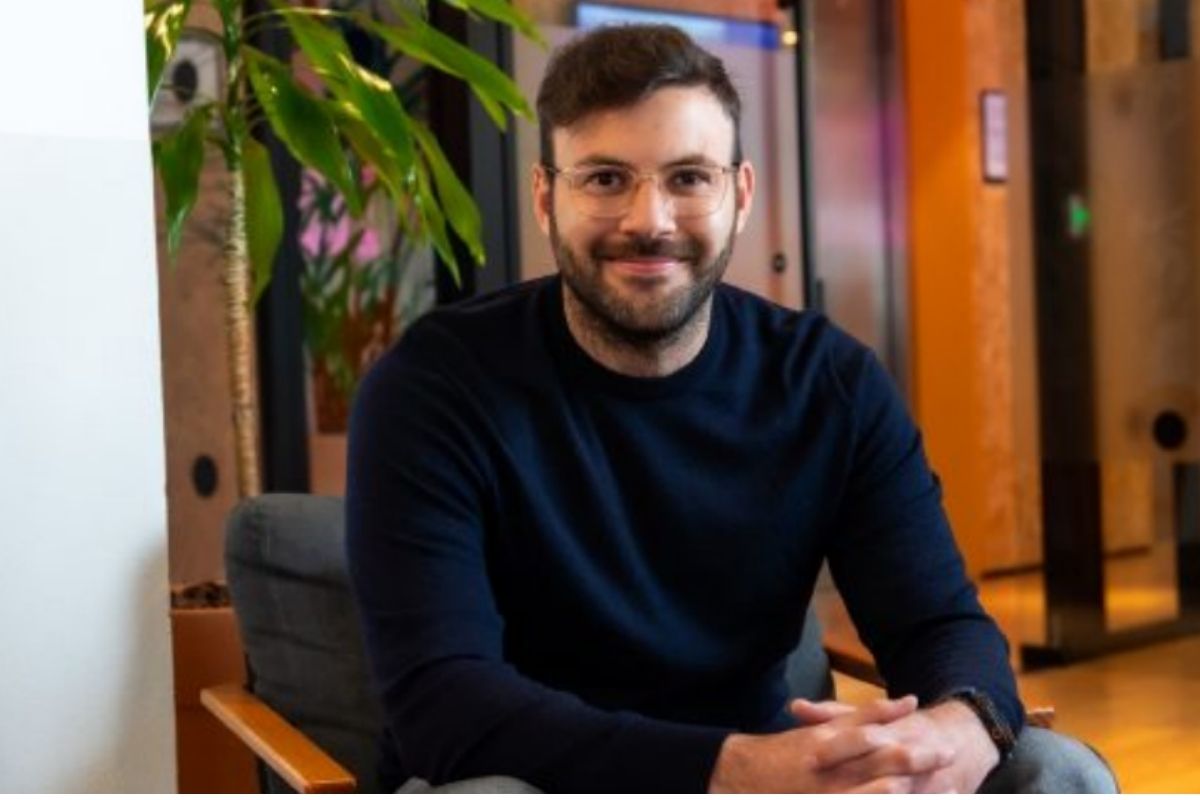Venezuela, From the Richest Country in Latin America to a Collapsing Economy
| By Marta Rodriguez | 0 Comentarios
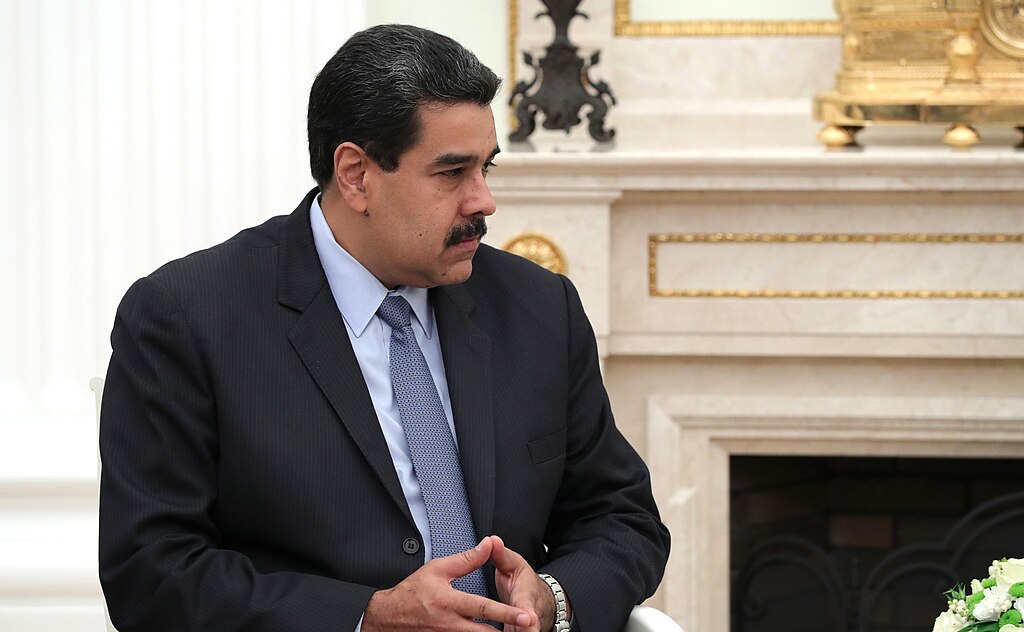
The oil boom positioned Venezuela as one of the richest countries in the world between the 1950s and 1980s. Today, it resembles a post-war economy. What happened? A combination of factors brought to its knees what was once one of the greatest Latin American powers, leading to the most recent milestone: the capture of the—controversial—Venezuelan president, Nicolás Maduro, by the United States. Now, global and Latin American investors are closely watching the evolution of this story, which features an economy that the financial market sees as “on pause” and that has generated a diaspora of 7.9 million people.
According to figures from the World Economic Forum in Davos, Venezuela once ranked as the fourth nation with the highest GDP per capita in the world, alongside France. The country was nicknamed “Saudi Venezuela” and “The Millionaire of the Americas,” and not without reason. To this day, it holds the largest proven oil reserves on the planet, with around 303 billion barrels of the hydrocarbon, according to OPEC figures updated as of June last year.
Oil wealth, for example, made gasoline in Venezuela still considered the cheapest in the world, thanks to massive government subsidies. It is practically given away, since a liter of gasoline in Venezuela costs 0.097 centimos of a bolívar at current prices—a figure so low that currency converters do not even register it, showing an absolute zero in parity with the U.S. dollar.
However, this oil wealth created a rentier economy, nearly 100% dependent on oil, which collapsed due to two factors that explain the current situation. One is the drop in international oil prices in the 1980s. The other is the rise to power, through democratic means, of Hugo Chávez, who later centralized the economy and dismantled the checks and balances that allowed him to accumulate power and impose a statist economic model.
In this article, we will focus only on the first point.
The collapse of Venezuela
According to data from the International Monetary Fund (IMF), Venezuela’s GDP in 2024 stood at $82 billion, with three consecutive years of growth (8% in 2022, 4.4% in 2023, and 5.3% in 2024). These may seem like very positive figures, but they hide a devastating reality.
The same data show that Venezuela’s GDP in 2012 reached a historic peak of $372 billion. In other words, the most recently known GDP is 78% below the highest in the country’s history. Only European countries and Japan during World War II have seen such a sharp decline in GDP, yet Venezuela did not experience even an internal armed conflict during this period, despite its political instability.
IMF economists warned that, when measured between 2013 and 2020, Venezuela’s GDP fell by 88%, surpassing by three years the duration of the U.S. collapse during the Great Depression. There is no similar precedent.
And while the country was “swimming” in cheap gasoline, hyperinflation took a massive toll that contributed to the current devastation.
In 2018, hyperinflation reached a historic figure of 130,000%, which moderated to “only” 548% in 2024 and may have dropped to just over 300% last year, thanks to orthodox “neoliberal” monetary policies such as reducing public spending and lifting currency controls, along with a de facto dollarization.
However, the damage is done. A decade of ongoing hyperinflation (from 2014 to 2024) led to the most dramatic erosion of purchasing power ever seen in modern times. IMF figures indicate that between 1998 and 2018, the Venezuelan currency lost 99.999997% of its value.
But perhaps the economic collapse could have been avoided or mitigated if the country, with its immense oil wealth, had properly managed that bonanza. The problem, many voices from the economic front argue, is that statist public policies turned the Venezuelan oil industry into one of the most inefficient in the world.
The Erosion of Oil Production
OPEC data show that between 2008 and 2013, Venezuela’s oil production averaged 2.8 million barrels per day, before collapsing to 337,000 barrels in 2020 and recovering to 921,000 in 2024. Even so, the most recently known annual figure is still 67% lower than during the period when the country was considered one of the world’s top oil producers.
Venezuela’s oil paradox is dramatic. Despite being the country with the largest proven oil reserves in the world, it ranks between 20th and 22nd among oil-producing nations. This is due to investment in the industry collapsing by more than 80% starting in 2003—one year after the attempted coup against President Hugo Chávez, who in response purged the top ranks of the state oil company PDVSA and virtually shut the industry off to new investment. The argument was that the country’s oil wealth required nothing more than state regulation.
In conclusion, Venezuela’s economic collapse is now the most dramatic for any country in modern history without a war.
Analyses indicate that the maximum 88% decline in Venezuela’s GDP surpasses the U.S. collapse during the Great Depression, the shock of World War II, and even exceeds the 70% economic collapse experienced by Syria during its civil war in the last century and the 62% GDP drop in that Middle Eastern country during its more recent internal conflict.
According to economists who have studied this phenomenon, there are three main causes that explain it all—unfortunately tied to political decisions: the destruction of property rights, resource plundering, and destructive economic policies even during times of economic boom.
And the worst part is that the solution for this country, despite its oil wealth, is not just around the corner. Recovery—with the right economic policies—is estimated to take about 20 to 30 years, especially considering that in the last five years Venezuela lost its greatest wealth, and that of any country: 25% of its population.
In Its Own World, Yet Within the Region
After more than a decade of economic crisis, Venezuela is relatively isolated from other Latin American countries, living its own reality with its own market distortions. But the country that was once one of the region’s main powers does not go unnoticed.
Just a few months ago, one advantage market players saw for Latin American investments was a relative geopolitical calm that other regions couldn’t boast. With the situation evolving, it is difficult to know what direction the oil-producing country will take and what implications it may have on the global—and Latin American—stage, especially if tensions escalate with China and Russia, two major allies of the Chavista regime. In any case, investors will be watching developments closely.
The economic connections of neighboring countries with Venezuela have diminished over the years, and there is a perception that it is a market “on pause,” both in terms of foreign investment and international trade. However, the country maintains commercial ties with several of the region’s major economies.
Figures from the Observatory of Economic Complexity (OEC) show that the country’s main partners in the region are Brazil and Colombia. In recent years—the latest data from the organization is from 2023—Brazil ranked as the fourth-largest buyer of Venezuelan exports (after the U.S., China, and Spain) and the third-largest seller to that market. Colombia, another neighboring country, ranks second among Latin American countries in both categories, and Ecuador is the third-largest buyer of Venezuelan exports in the region. All these markets, however, represent only single-digit shares of Venezuela’s foreign trade.
Unlike the U.S. and Spain, which primarily purchase crude oil, and China, which favors petroleum coke, according to the OEC, the Latin American countries that buy the most Venezuelan products mainly purchase nitrogen-based fertilizers and, in the case of Ecuador, unstuffed frozen fish.
Millions of Expatriates Watching From Abroad
Another strong link between Venezuela and the rest of the region is the massive diaspora that has settled in other Latin American countries. Millions have left the country over the past 15 years, fleeing a collapsed economy in search of opportunities in more stable nations in the region, especially neighboring ones. Many of these individuals leave to find work and send remittances back to Venezuela, injecting some capital into struggling local households.
Venezuelan migration, which accelerated after 2014, has expanded across the continent. According to UNHCR, the United Nations refugee agency, around 7.9 million people have left the country in search of opportunities, with 6.7 million settling in other Latin American and Caribbean countries.
The most popular destinations for Venezuelan migrants are Colombia and Peru, with 2.8 million and 1.7 million Venezuelan citizens, respectively, according to data from the Inter-Agency Coordination Platform for Refugees and Migrants (R4V), an initiative led by UNHCR and the International Organization for Migration (IOM). They are followed by Brazil, with about 626,900 Venezuelans; the U.S., with 545,200; and Chile, with 532,700.
